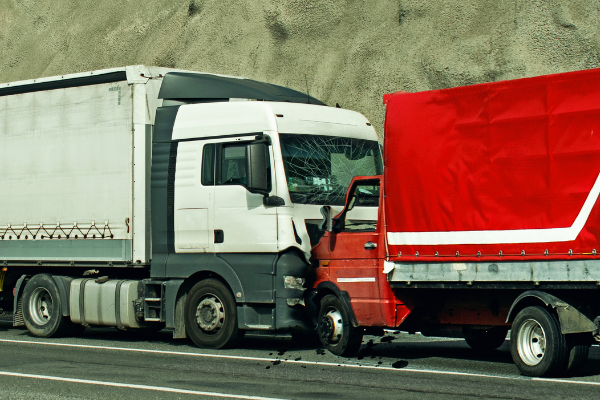
We Must Blame Government for Road Accidents!
- Category: Governance
- Date 25-06-2006
- 577 views
Blame! Blame!! Blame!!! And that is what everyone is doing. A wrong has been committed and the next moment, a struggle ensues among contra interest groups, each working hard to get someone to blame.
A fatal bus accident occurred a while ago in Arumeru district killing over fifty people on board and injuring dozens of others. Screaming headlines dominated the media, mourning the dead, but especially accusing someone we assumed had directly caused the accident, therefore the deaths and injuries of the victims.
Mr. Edward Lowassa, the Chief Minister, visited the scene of the accident, was overcome by emotion and condemned careless driving and thus identified the number one culprit as the “careless” driver. Two, he blamed passengers for being so irresponsible for their own lives as to allow drivers overload and over-speed – a dangerous thing indeed. Then he faulted “the authorities” for failure to supervise road safety by making regular inspection of motor vehicles to minimise road accidents.
It should be understood, first and foremost, that it is impossible to stop accidents from occurring in a country like Tanzania. Whereas precautions may be taken against poor use of the roads, and rightly so, it would not totally deter the possibility of accidents, for like death, accident knows no rules. An accident is something, which happens unexpectedly and unintentionally; therefore it is never anyone’s purpose, driver or passenger, to set out on a journey and end in an accident.
I mean, standing by the scene of the accident and apportioning blame is simply wrong. Such should be the moment to reflect on the tragedy, pity the victims and consider how to be of help, so that the injured may get better and ensure that future selfsame accidents may be averted. An accident should be considered as a learning experience for the survivors; those who have been directly involved and others who happen to witness the impact of the mishap.
Culprits can be only identified after a judicious examination of the circumstances surrounding the disaster, and putting all factors into perspective. What is disturbing however is that a minister spends some minutes at the accident spot, listens to a few tales and straight away pronounces the guilty party, without any technical evidence to shore up his assertions. Regrettably, the blame tends to go to the victims.
The Arumeru accident was neither the first, nor will it be the last, though its magnitude might remain unparalleled for a long time. One can safely say that it was always an accident waiting to happen. Passengers were crammed on the bus like sardines, to the extent that some sat atop the bus-roof; imagine a bus with a 26-seat capacity carrying 74 passengers!
Some sources also suggested that the bus was not exactly roadworthy, yet it was over-speeding – this is certainly not an firsthand account but speculation! Yet again, do you ask why the driver allowed such an excessive load on board, or why the passengers agreed to travel in such a state? Must they really be blamed? Were there better means of travel, which they disregarded, to their own peril?
I insist, this was an accident waiting to happen, and we must brace ourselves for more. What do you expect if you do not set minimum standards of road usage, or if you set them but do not enforce compliance? I am asking you, Mr. Lowassa. What do I do as an ordinary driver if government cannot regularly and adequately inspect the roadworthiness of my vehicle? Start a private bureau to inspect our own vehicles?
Government may build narrow roads or allow potholes to emerge and enlarge. It may set the acceptable national speed standards but forget to do the monitoring. Every car has got its official number of people or load it is licensed to carry, but this is blatantly violated all the time and on one cares.
One day, I grumbled while travelling on crammed daladala in Dar es Salaam, before the conductor reminded me, “Daladala haijaai, ndoo ndio inajaa.” And we passed by numerous traffic officers along the road. What would I do?
By Venansio Ahabwe
Source: Peering Eye, Sunday Citizen
